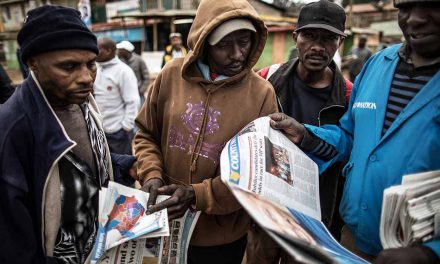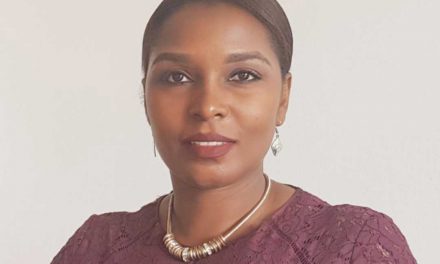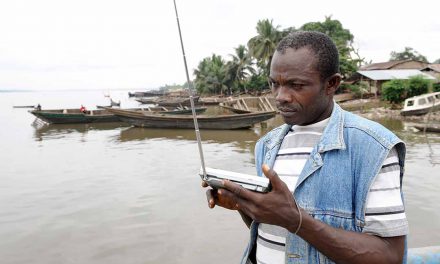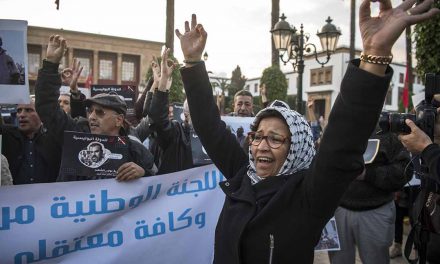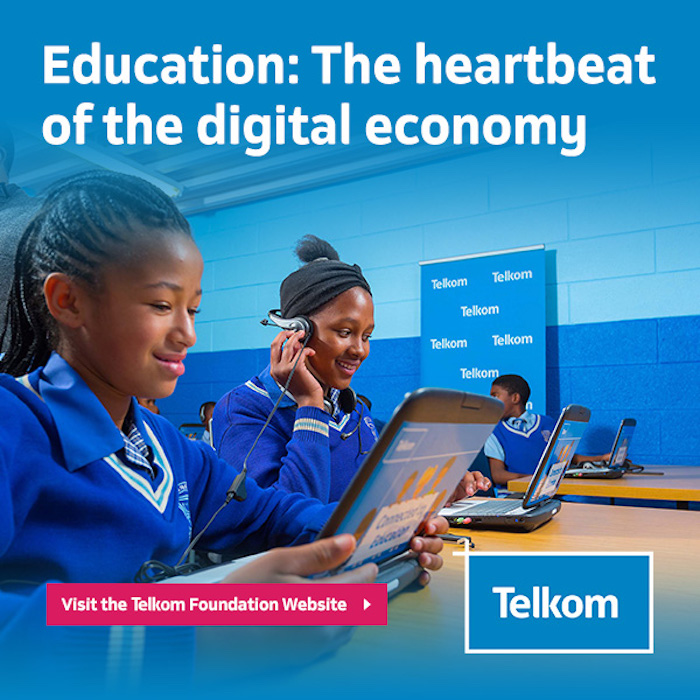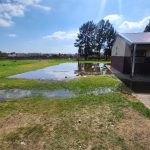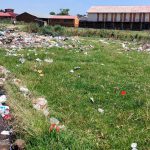 Where an independent media thrives, democracy thrives. Once democracy has taken root a free media serves to entrench it, holding the powerful to account and protecting the rights of the defenceless.
Where an independent media thrives, democracy thrives. Once democracy has taken root a free media serves to entrench it, holding the powerful to account and protecting the rights of the defenceless.
Access to a free media is literally a human right, as defined by Article 19 of the United Nations Universal Declaration of Human Rights: “Everyone has the right to freedom of opinion and expression; this right includes freedom to hold opinions without interference and to seek, receive and impart information and ideas through any media and regardless of frontiers.”
The equation is simple. An informed public makes informed decisions, including decisions that involve voting for a system, party or person most likely to ensure proper, humane and sensible governance of a country.
A diverse and vigorous media is a vital link between any government and its citizens, a bellwether and a harbinger of things to come.
Today, journalism in Africa – and elsewhere in the word – faces unprecedented threats to its very existence. The first of these is political, with the usual despotic behaviour from demagogues and totalitarian regimes continuing to play a central role in attempts to suppress the free flow of information.
According to Reporters without Borders (known by its French acryonym RSF), hatred towards journalists, attacks on investigative reporters, censorship (especially online and on social networks), and economic and judicial harassment are all undermining independent reporting and quality journalism in Africa.
In its 2019 World Press Freedom Index, the RSF reports that African elections have seen many attempts to restrict reporting, including the arrest of journalists, disruption of social networks and internet cuts. The report says that the three methods traditionally used to harass and gag the media – violence, arrests and closures – are now often bolstered by a new, growing range of economic forms of pressure.
Tanzania, for instance, passed a law requiring payment of a $900 fee to register a blog or news website, while in neighbouring Uganda President Yoweri Museveni has imposed a daily tax on the use of online social networks and their associated messaging services that is unprecedented in Africa. A similar proposed tax has been announced in Zambia and in Mozambique, where, one year ahead of general elections, the authorities decided to introduce a range of prohibitive media accreditation charges.
However, there are some very bright spots on the landscape, notably in Ethiopia where the Committee to Protect Journalists (CPJ) reports that the country, which was one of the most censored in the world and one of the worst jailers of journalists in sub-Saharan Africa, has gone through dramatic reforms under the leadership of Prime Minister Abiy Ahmed. The country leapt 40 places on the RSF World Press Freedom Index between 2018 and 2019, from 150th to 110. The organisation reports that since taking office in April 2018, Abiy Ahmed has overseen the release of detained journalists and bloggers and the restoration of access to more than 200 news websites and blogs that had been blocked for years. A commission has also been set up to overhaul repressive legislation, including a 2009 terrorism law used to jail journalists.
Namibia remains the highest-ranked African state, at number 23 on the WPF Index, but while its constitution guarantees free speech and protects journalists, the lack of a freedom of information law continues to obstruct their work. RSF reports that those who dare to criticise the authorities are often the target of government threats or insults.
The second great challenge comes from the proliferation of digital technology-driven media platforms, that of disintermediation and abuse. While it serves a vital new role in holding the powerful to account, social media, with its proliferation and amplification of unsubstantiated, largely unfiltered and sectarian opinions, has proven to be particularly divisive.
It is no longer necessary to control the media when those with agendas can make use of freely available platforms or even create their own. This has been substantially complicated by the rise of the phenomenon of fake news, which dilutes the value of carefully vetted information produced by reputable media organisations and brings into question the credibility of journalism as a whole. The third, and most dangerous, threat faced by the news media is financial.
Technological advancements have brought to an end the so-called “industrial age” of journalism.
Print media is dying. Digital-focused news media organisations are now faced with the challenge of developing new business models in a world order where advertising-based business models are failing because information is freely available on mobile and social platforms.
Journalism is a costly affair, and good journalism that promotes political and economic development in the process of safeguarding the rights of citizens even more so.
Within this challenge lies an enormous opportunity for Africa, being the early adopter and leapfrogger of new technology that it is. Trusted news brands such as the New York Times have made a successful switch to a subscription model, demonstrating that while social media and other free platforms dominate the speed at which news can be delivered, consumers are prepared to pay for context and reliability.
According to the World Economic Forum (WEF), the increase in mobile and internet penetration has made being connected a way of life for younger generations of consumers, presenting media businesses with opportunities to fuel the continuous conversations that this connectivity allows. A WEF report on digital trends shaping the media industry says the growing availability of open-source and free software enables startups to build new businesses and innovative products in record time.
The Internet of Things, a network of connected machines delivering smart services, will also offer the media industry a whole range of opportunities to create seamless, personalised services. All attempts must be made to promote any green shoots that show in this process.
So, while difficult times lie ahead for news media, their success will go a long way to building the foundations of the prosperous, democratic and well- governed future we all seek for the continent.
Lloyd Coutts has an extensive background in journalism and media spanning 40 years. He holds a Bachelor of Journalism and Media Studies (Hons) from the University of the Witwatersrand and has worked as a reporter, sub-editor, news editor, assistant editor and acting editor for publications such as Business Day, The Star, Business Report and Sunday World. Lloyd also has experience in wire services, notably the German Press Agency (dpa), and radio (Network Radio News and Classic FM). He also worked in television news at eNCA.


